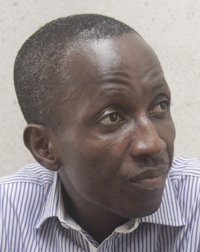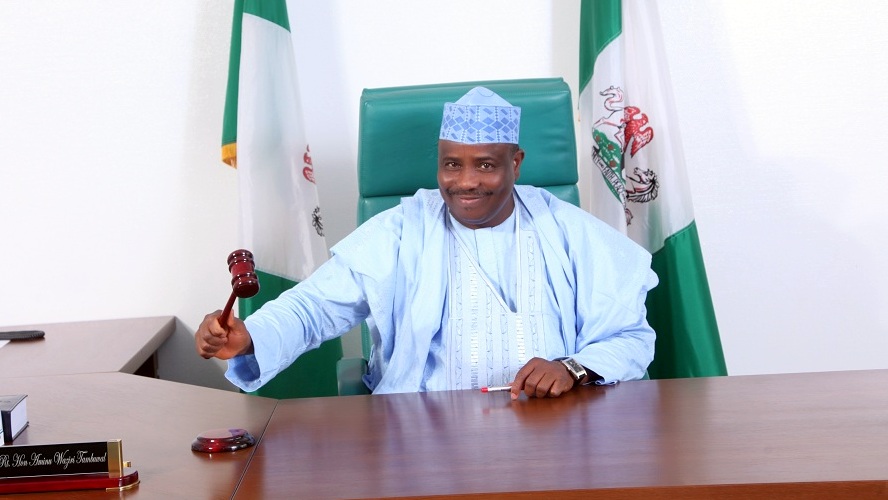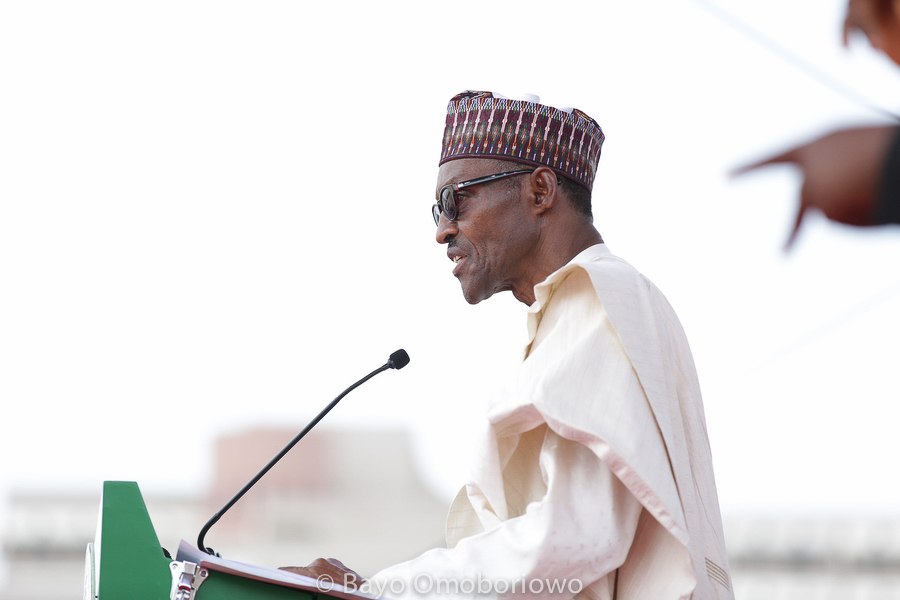Nothing prepared us for the trauma we have gone through in the past 10 days or so as Nigerians. And that is why this column is coming 24 hours late. Clearly, all of us, young and old, have had our fair share of the distress that living in Nigeria entailed due to the energy crisis. Deep down in the innermost parts of our psyche must be the shocking discovery that we were not different from those who lived in the Stone Age. Our country was totally paralysed like we have not seen before. But since we are a society that does not exactly fancy statistics, it’s doubtful if we would ever get to quantify in monetary terms, how much we lost during the debilitation.
All of us must have our tales of woes as reflected in adulterated petrol, banks’ early closure, delayed and cancelled flights, lost hours spent queuing for petrol, damaged vehicles, lack of electricity, and enforced trekking. A trip outside the country for almost a month ensured that my immunity for such a situation was completely broken down, forcing me to regret turning down the airline’s offer of compensation to forfeit my seat thereby shifting my return. Last Thursday was, perhaps, the most painful when I paid N4, 000 for 20 litres of petrol bought from a hawker, which translated to N200 per litre. It came at a higher cost: my car’s fuel pump got damaged forcing me to buy a new one.
Nothing appeared to be working as citizens were at the mercy of fuel marketers and government officials. To cap it, workers under the umbrella of National Union of Petroleum and Natural Gas Workers (NUPENG) went on strike, thereby cutting off the arteries of fuel supply as little as it was towards the end of last week. Three weeks ago, this column lamented what was then simply ‘fuel scarcity’ but last week it became a full-blown energy crisis. Telecommunication companies were the first to send text messages to subscribers that they might be forced to shut down as it has become difficult to get diesel to power their base stations while banks followed suit last Monday. Internet service providers were not left out too, and we were totally cut off from communicating with the world.
As usual, our fulminations did not go beyond social media. Nigerians poured out their hearts on Facebook and Twitter using words that made one wonder how come we have only produced a Nobel laureate in Literature. Everyone just presented his own jeremiad but none ever thought of galvanizing us into action demanding that our leaders talk to us or at least offer a convincing explanation of what was happening. I guess we were all busy searching for petrol to power our vehicles and generators. Until the Senate decided to conduct a public hearing on the matter, which later culminated in an agreement between marketers and the Federal Government, most of us did not have a clue of what turned jerry cans into a major accessory we must carry around.
Advertisement
It was later that our outgoing finance minister said the government would not pay the marketers what they claimed they were owed. The labour congress also issued a belated statement threatening strike if the crisis was not resolved. Maybe I missed it but I could not recollect reading anything from other professional unions or civil society organs on the energy crisis apart from the All Progressives Congress (APC) statement on the matter. But how come we were held by the jugular for almost a week with everything prostrate? What implications do this have for our economy? Does this not show that energy appears to be the most serious issue deserving the attention of the incoming government? Which normal country allows its economic power to be in the hands of a cabal, that word again, that can grind it to a halt in the twinkle of an eye? What happened to the reserves the Nigerian National Petroleum Company (NNPC) usually talk about anytime there was scarcity?
Many books have been written on the theory that the major issue that would dominate global politics this century would be oil and this is evident from our experience of the past three weeks. We cannot afford to continue in this manner, as we are not safe if we ever found ourselves in such circumstance again. A thorough investigation of why and how we got to this stage is necessary and plans to forestall similar occurrence put in place. We can only hope the present truce will last long but, the agenda for the incoming government is very clear.
Advertisement
Views expressed by contributors are strictly personal and not of TheCable.


